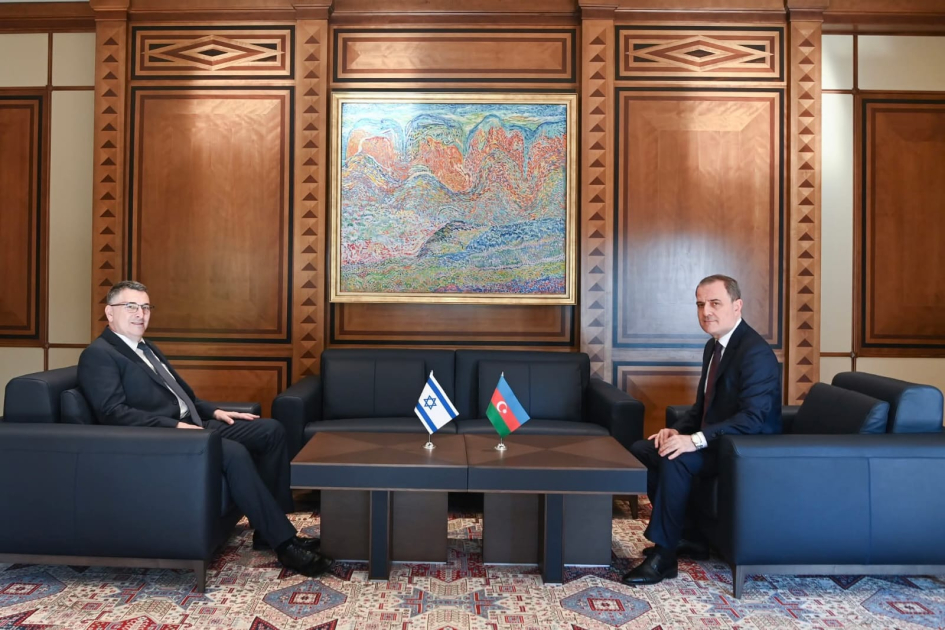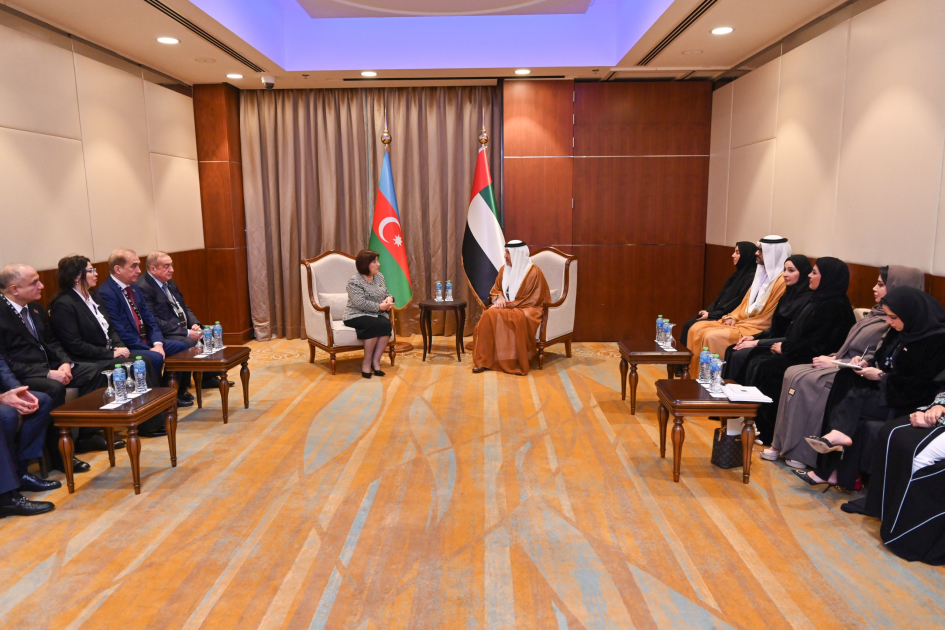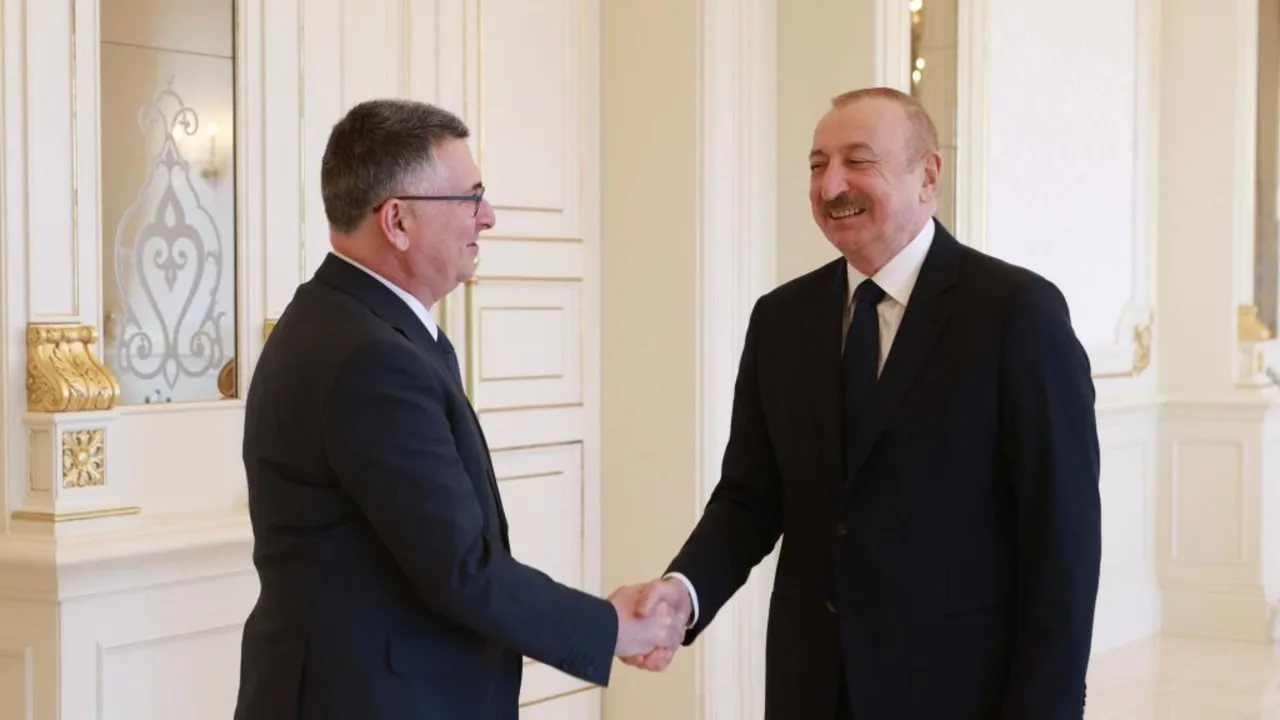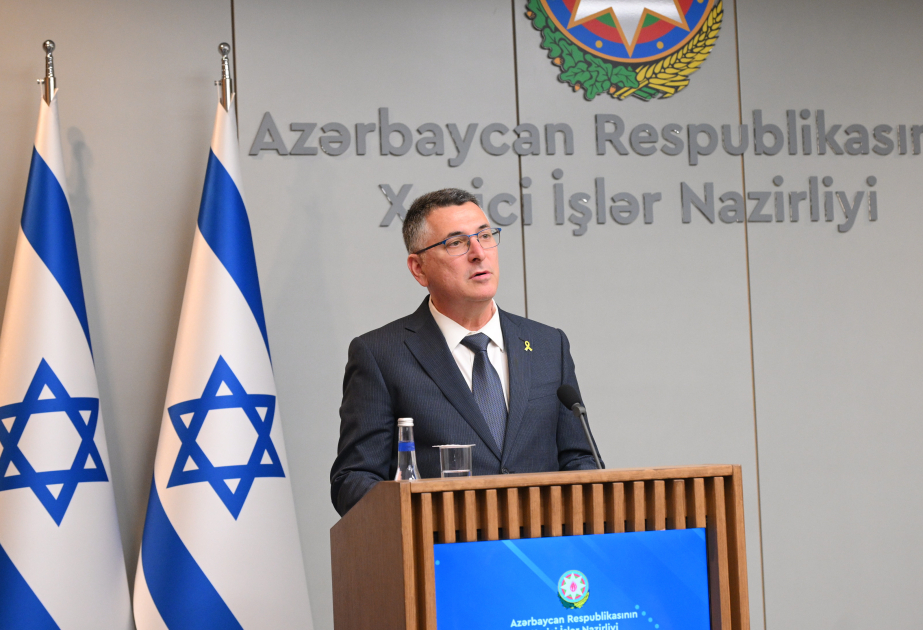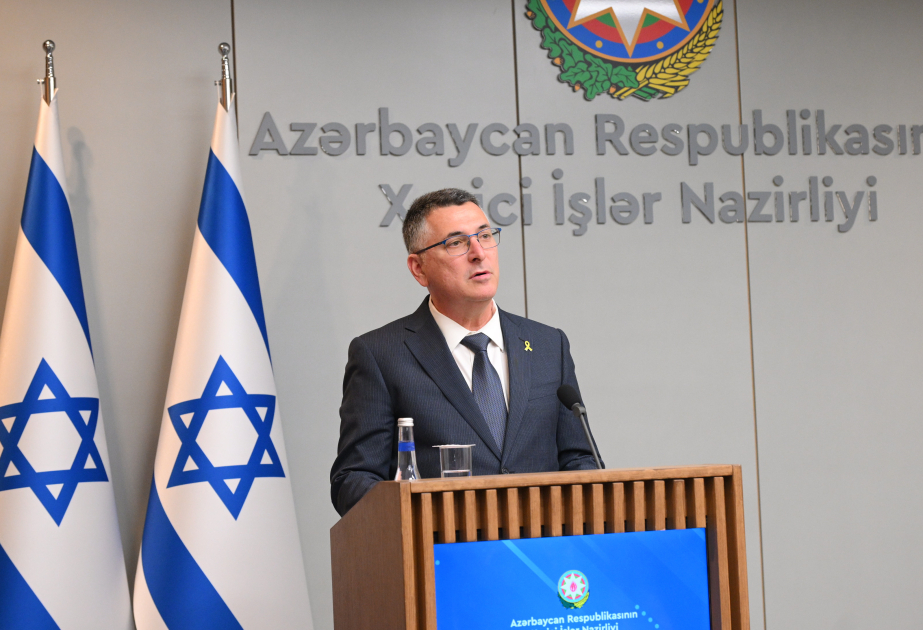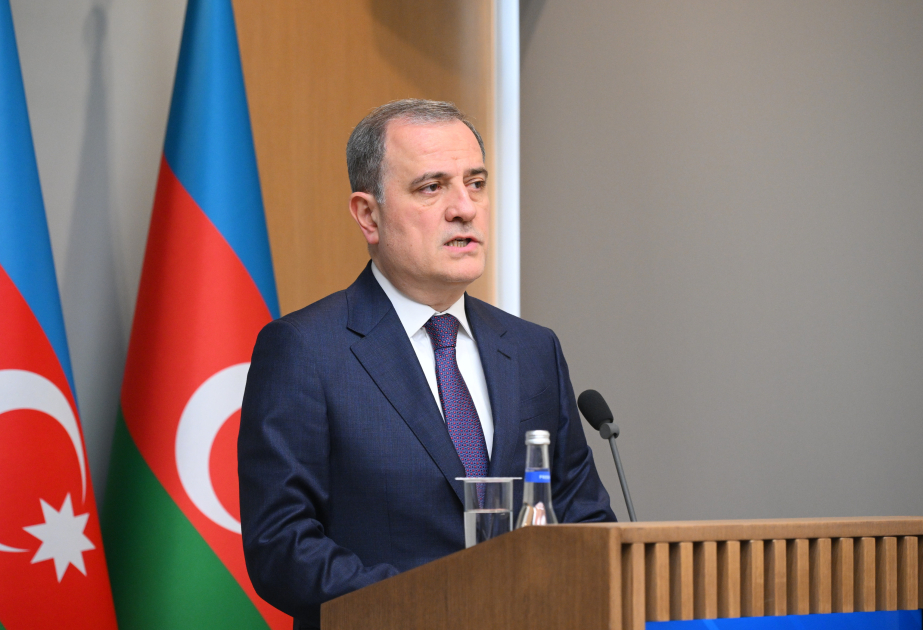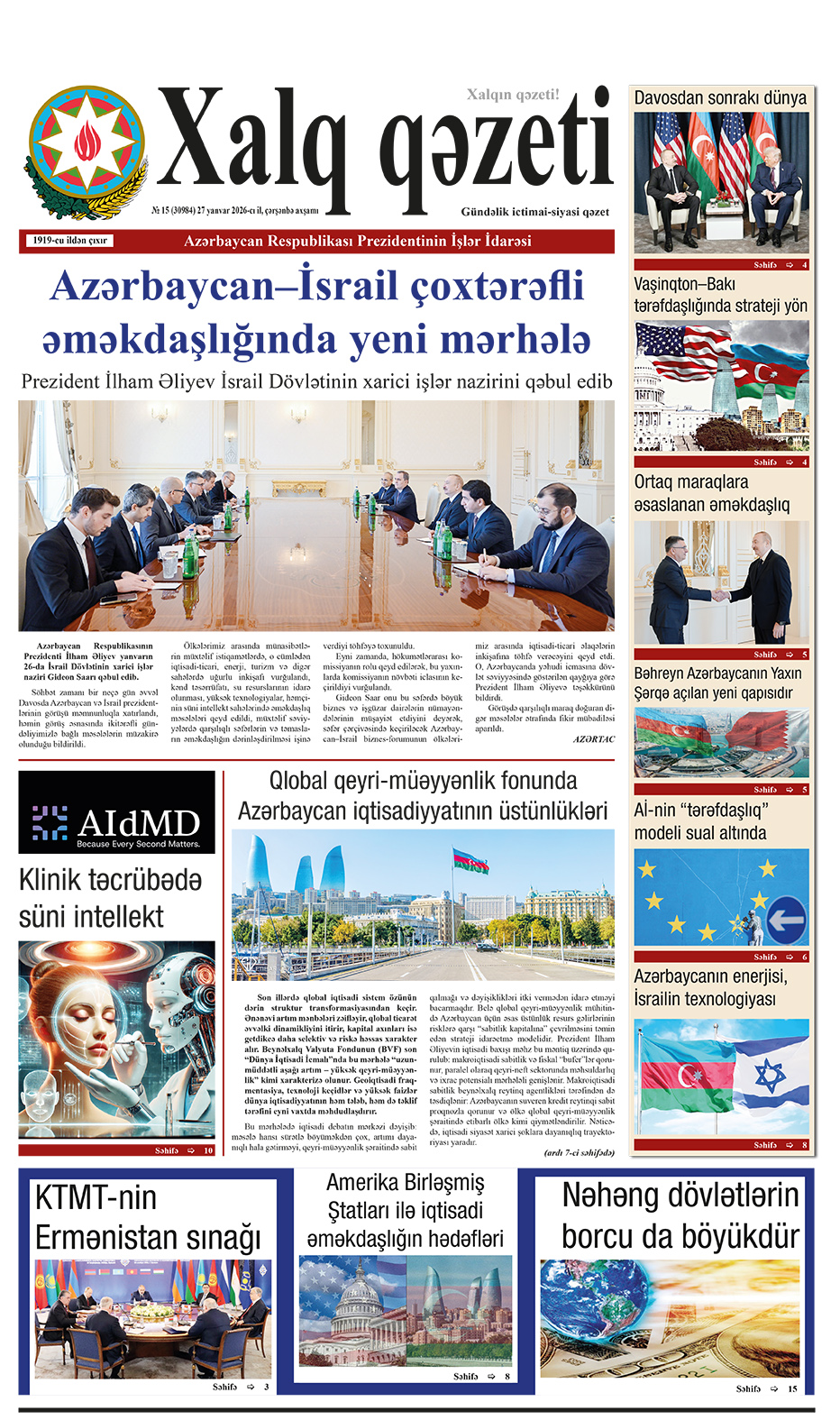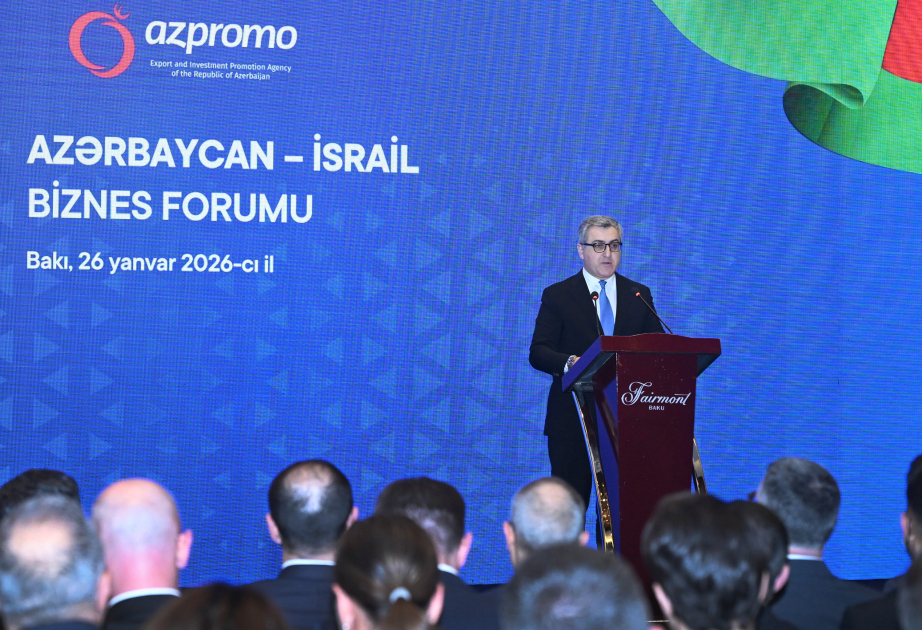Highlights of Seyyid Kamal Kharrazi's visit to Yerevan
The Islamic Republic of Iran supports the independence, sovereignty and territorial integrity of all countries in the South Caucasus region and does not accept changing the geographical boundaries under any circumstances. This was said by Seyid Kamal Kharrazi, adviser to the Supreme Religious Leader of Iran, who is on a visit to Armenia, and chairman of the country's Strategic Council on Foreign Relations. According to the press service of the Embassy of the Islamic Republic in Yerevan, K. Kharrazi noted that his country is determined to expand historical and friendly relations with Armenia, and is ready to use it as a junction connecting North-South and East-West transport routes.
K. Kharrazi expressed that Tehran considers it important to benefit from the economic and scientific potential of Armenia for the sake of the development and progress of the region. Of course, the high-ranking Iranian official touched on other points, which we will talk about. However, first of all, let's emphasize that Mr. Kharrazi's opinion that Iran is ready to use Armenia as a junction connecting the North-South and East-West transport routes is considered as support for the "World Intersection" or "World Crossroads" project launched by the authorities of the latter. . In any case, politicians in Yerevan approach the issue from the current context. Let's take into account that "Crossroads of the World" is an initiative contrary to the idea of "Zangezur Corridor", which Azerbaijan included in the political lexicon after the 44-day war of 2020.
It is also known that the idea of "Zangezur Corridor" is in the context of the road connecting other territories of Azerbaijan with Nakhchivan. Based on the logic of the issue "from Azerbaijan to Azerbaijan", our country insists on the importance of not having any customs and border control in that direction. Iravan does not agree to this. Although, Baku has repeatedly emphasized its distance from the intention to doubt the territorial integrity and sovereignty of Armenia. But for what reason does the other side not care about our country's views on the current issue? We believe that the answer to the question is also important for Iran, and we will return to the issue at the end of the article.
For now, let's say that the representatives of the authorities of Armenia regard the views expressed by the President of Azerbaijan Ilham Aliyev, including our officials, regarding the road to Nakhchivan, as a conspiracy and inflate the logic of the inviolability of the territorial integrity and sovereignty of their country. As we emphasized, Mr. Kharrazi also touches on the same point in his statement in Yerevan. At first glance, Tehran's style of expression and positions of Yerevan and pro-Armenian circles in the West coincide. But at first glance.
Iran does not want outside players to appear in the region in the form of the West. It is Yerevan that attracts those players. In any case, this point has not been ignored in the Islamic Republic. The question arises: is it possible that Kharrazi went to Yerevan to inform about the inadmissibility of the issue? Because the first point that the Iranian official emphasized in his statements in Armenia is the inadmissibility of changing the borders, and the second point is the saying "the region is for the countries of the region". Consider that the border may change due to Armenian adventurism. At the moment, it is the West that is fueling that adventurism.
Iran, which does not like the appearance of foreign players in the South Caucasus, supports the "3+3" platform with the participation of Russia, Turkey, Armenia, Azerbaijan, Georgia and itself. That is, it increases its attention to the region at the current level. This platform is currently the level that gives fundamentality to the views of the Islamic state. According to experts, K. Kharrazi's visit to the region and the talks of the Secretary of the Supreme National Security Council of Iran in Moscow before that indicate Tehran's desire to suppress Western forces outside the region. In other words, our southern neighbor has taken action.
Yes, Iran is trying to activate the "3+3" format. K. Kharrazi spoke about this in the capital of Armenia. Tehran is trying to attract Georgia, which has refused to participate so far, to the current level. He wants the full consolidation of the forces in the region to be realized, as a result, foreign interference in the political problems of the South Caucasus will be prevented.
In the eyes of Tehran, the term "extra-regional forces" includes Europe, the United States and Israel. It is known that in the political circles of Iran from time to time opinions are voiced regarding the military and political presence of Israel in Azerbaijan. These considerations come to the fore, followed by statements from individual officials of the country, as if they feel threatened. However, the reality is that no matter how strong the relations between Azerbaijan and Israel are, the opinions regarding the latter's military and political presence in the region do not go beyond subjectivity. Also for the reason that Azerbaijan is conducting an independent foreign policy course and there are quite a lot of examples of this.
However, it is a fact that the European Union and the United States are increasing their activity in the South Caucasus, and Armenia is an important link in this trajectory. Rather, it is becoming a tool. Let's also take this into account: there is an opinion in Iran that Armenia refrains from deepening relations with Iran at the necessary and desired level, based on the perspective of strengthening relations with the West. However, despite this, Iran is trying to expand relations with Armenia in all fields. K. Kharrazi declared this interest during his visit to Yerevan, including in a meeting with experts, and talked about mutual cooperation in the fields of military industry, information security, economy and energy. He even made a statement about the possibility of Iran's assistance to strengthen Armenia's defense capabilities.
However, at the moment, it cannot be said that Iran intends to throw aside the Azerbaijan factor because of Armenia. That is, it is not profitable for Tehran to go for it. In general, the Islamic Republic has always pursued its own policy. Resistance to the West is an important point in this policy. When the West imposed all kinds of sanctions on Russia after the war in Ukraine, it brought Moscow and Tehran closer together. It should be noted that the bankruptcy of the Kremlin means the downfall of Tehran. That is, Iran knows very well that if Moscow fails on the Ukrainian front, it will be its turn.
Let's approach the issue from the perspective of the West: If until 2022 the "axis of evil" was formed by Iran, Syria and North Korea, now Russia has joined them. In the West, for a long time, ideas have been raised regarding Tehran's creation of proxy forces in certain states of the Middle East and their occasional activation. It is believed that at the current stage, Tehran receives the support of Russia in the current direction.
But the fact that the Armenian government, which is close to Iran and is experiencing the worst period of its history with Russia, has invited EU civilian observers to patrol the Armenian-Azerbaijani border, has it changed Tehran's attitude towards Yerevan? It is possible to put the question in another way. Is Tehran, which opposes the regional activity of the West, not worried about the existence of the said mission? It should be noted that in one of the official statements made by Iran last year during the tension with Azerbaijan, it was stated that the presence of EU observers in the region is not against the interests of the Islamic Republic. However, after that statement, the subject is not returned. The conclusion is that the mentioned statement was made only in spite of Azerbaijan. More precisely, it came from the spirit of the coldness of that time. The cold is about to disappear now...
Of course, we must emphasize that the presence of the West in Armenia does not create real changes in Iran's regional policy, especially in relation to Yerevan. As we mentioned, the Iranian authorities state and continue to state both "red lines" and "the inadmissibility of changing geographical borders under any circumstances." It is likely that the Islamic republic does not approach European observers as a real factor restraining Azerbaijan. Therefore, Tehran has many doubts. In fact, K. Kharrazi's visit is based on the intention to remove doubts.
Yes, Tehran does not take the EU into account in terms of the validity of the rhetoric of "preventing Azerbaijan's potential aggression against Armenia". It seems that this is what Iran thinks in principle: the presence of the West in the region is directed first against Russia and then against Iran. That is, Tehran is far from the logic of seeing Yerevan as a means and a tool. So, what is the mechanism to minimize the risks? Again, we come to the "3+3" platform. Iran is currently interested in deepening this platform. As for whether his attitude towards Armenia has changed, this is possible only after the appearance of the Western military component in the region.
There is also a nuance that political experts exaggerate regarding K. Kharrazi's visit to Armenia. If Azerbaijan invades Armenia despite Tehran's protests, how far can it go to protect its interests in the second South Caucasus region? That is, will Iran defend Armenia? Of course, it is very difficult to give an unambiguous answer to the question. But there is still a long way to go. Iran has always declared that it recognizes the territorial integrity of Azerbaijan. Although, in the Islamic republic, the view of supporting Yerevan in the Karabakh issue has also remained relevant. However, Baku managed to ensure that Tehran remained a spectator to the 44-day war, the subsequent military conflicts, and local anti-terrorist measures. And also because Iran's official diplomacy, unlike the country's black gang politicians, is quite rational.
On the other hand, Iran's doctrinal foundations do not welcome the participation of the country's forces in foreign wars. That is, in the current situation, Tehran's support to Yerevan is based on a consultative nature, just like the West's support to the latter. At the same time, we must state that Iran is stricter than the West in relation to Armenia. That is, the country's intention to tolerate Yerevan's whims is an exception. Here, the issue of "red lines" is only a political gesture in relation to the latter. The interest in cooperation with Armenia in all fields, including the military field, and the desire to strengthen Yerevan's defense capabilities are the result of Tehran's determination to protect its "red lines" in the region.
The Islamic State is doing everything to prevent a military scenario in the region. That is, the country's gesture is aimed at preventing Armenia from leaving the line. Also, K. Kharrazi voiced similar thoughts in support of the "Crossroads of the World" adventure. However, Iravan has to learn to get out of the scratch.
At the end, let's take a link to the point we announced that we will speak. As we emphasized, Armenia does not reconcile with the idea of "Zangezur Corridor" of Azerbaijan. He considers the logic of the corridor against his sovereignty. However, the country is eager for the road to Nakhchivan to pass through its territory. Acting with the logic of "Azerbaijan - the road to Azerbaijan", official Baku shows principle by declaring the impossibility of border and customs control in the mentioned 40-kilometer strip.
Another direction of principle is the agreement reached with Tehran regarding the passage of the road to Nakhchivan through Iranian territory. As it is known, the Western world welcomes this agreement with a bayonet. For example, the United States. The United States demands from Azerbaijan that the road to Nakhchivan goes through Armenia, not Iran.
Our country does not agree with this way of setting the issue and does not want Yerevan, which does not fulfill its obligations, to gain the advantage as a transport and communication hub. However, let us draw attention to the existence of a fundamental difference between K. Kharrazi's desire to see Armenia as a junction and the West's taking the same position. Iran does not challenge Iran for the role of the second Armenia, and in the current situation, Tehran has no chance to turn Yerevan from this path. If there is no chance, there is a need to reconsider the "red lines" of the Islamic Republic. There is no doubt that Karrazi's visit is also important in terms of a cold assessment of this and the recent situation in the South Caucasus in general.
Əvəz CAHANGİROĞLU
XQ


.jpg)
